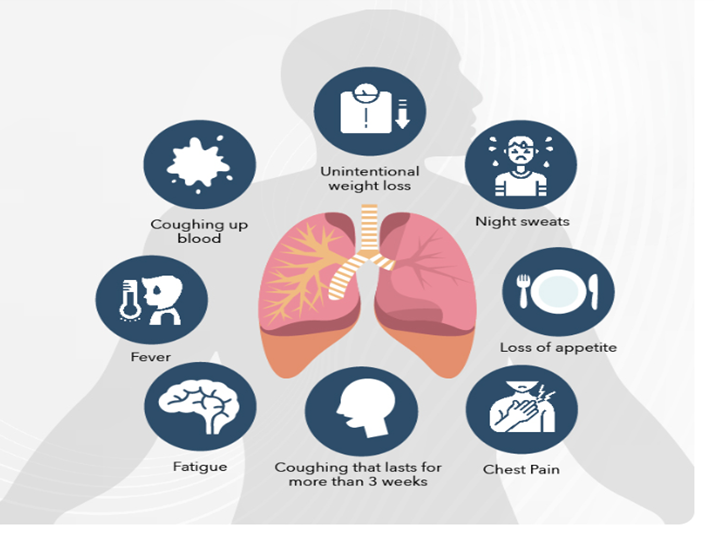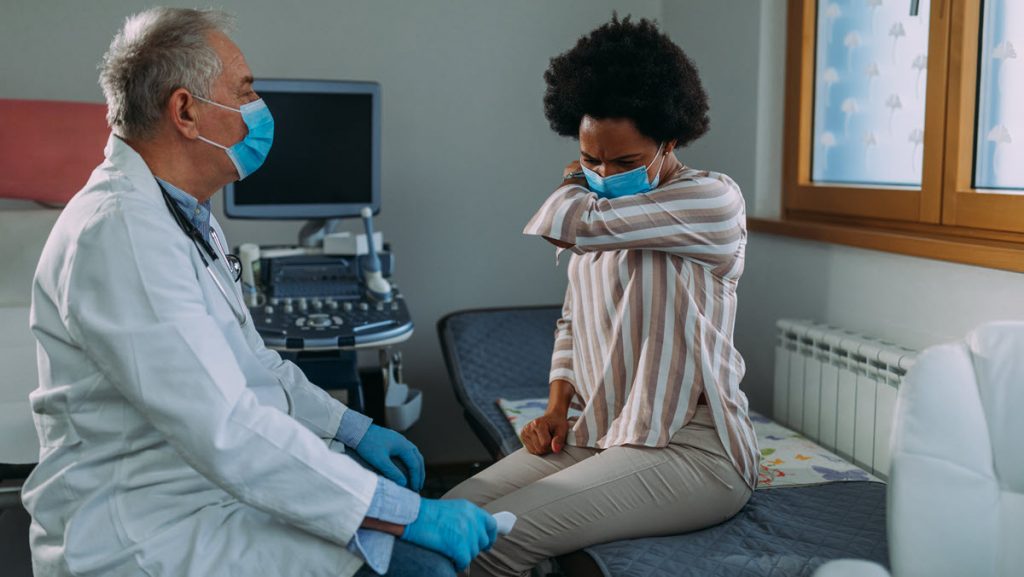World Tuberculosis Day
Worldwide, 24 March marks World Tuberculosis (TB) Day. On this day in 1882, Dr Robert Koch discovered Mycobacterium tuberculosis, the bacillus that causes TB. This discovery paved the way for testing, diagnosing, treating, and ultimately curing the disease (Koch, 1882). Tuberculosis (TB) primarily affects the lungs but can also spread to other organs such as the kidneys, spine, brain, lymph nodes, bones, and joints.
Globally, 8.2 million people were newly diagnosed with TB in 2023, an increase from 7.5 million in 2022 and 7.1 million in 2019. This number is significantly higher than the levels recorded in 2020 (5.8 million) and 2021 (6.4 million) (WHO, 2024). TB remains the ninth leading cause of death worldwide and the leading cause of death from a single infectious agent, ranking above HIV/AIDS. More than 33% of TB-related deaths occur in the African region. South Africa is among the 30 countries with the highest TB burden.
The Minister of Health, Honourable Dr Aaron Motswaledi, has emphasised the need to intensify the fight against TB by increasing the number of people tested for the disease to five million over the next twelve months. This marks a significant rise from the 2.7 million tested in 2023. The campaign also aims to diagnose 250 000 new TB cases in 2025/26 through targeted testing. The Accelerated Targeted Universal TB Testing (TUTT) initiative will prioritise people living with HIV and household contacts of confirmed TB cases. TB is a major public health concern, particularly in low- and middle-income countries. It is our national responsibility to “COMMIT, INVEST, DELIVER to END TB.”
Who is at risk of contracting TB?
Anyone can contract TB, but certain groups are at higher risk, including:
- People with compromised immune systems, such as those living with HIV/AIDS
- Individuals in close contact with TB patients, such as those sharing a room
- Those living in overcrowded or poorly ventilated areas
- The elderly and young children under the age of five
- Smokers, alcohol consumers, and substance users
- Individuals with a history of TB who have defaulted on treatment
What are the signs and symptoms of TB?

It is vital to get tested at the nearest clinic if you experience the signs and symptoms of TB or have been in close contact with someone who has TB. Testing for TB is free at the local and campus clinics and is conducted by trained healthcare workers.
Tips for preventing TB infection:
- Get tested early for TB infection
- Avoid close contact with people who have active TB disease.
- Wash your hands frequently with soap and running water
- Practice proper cough and sneeze etiquette by coughing or sneezing into your elbow.
- Eat a nutritious diet and exercise regularly to boost your immune system.
- Wear a face mask to cover your nose and mouth when coughing.
- If you have a latent TB infection, complete the entire treatment as advised by the healthcare worker.
- Avoid overcrowded areas during flu season
- Keep indoor spaces well-ventilated by opening windows and doors
- Avoid smoking, alcohol consumption and substance use.
Tuberculosis is a communicable disease which can be cured with early detection through screening, testing, diagnosing, treatment and effective education on the prevention of the spread of the disease. Therefore, let us unite in the fight against TB by saying: “Yes! We can end TB. Commit, Invest, Deliver”.
Authors: Prof ST Madlala, Mr L Mgobhozi and Mr M Shange (Department of Nursing Science)
References
Centers for Disease Control and Prevention (2024) ‘Groups at High Risk for Developing TB Disease’. Available at: https://www.cdc.gov/tb/webcourses/tb101/page121.html (Accessed: 21 March 2025).
Koch R. Die Atiologic der Tuberkulose. Berliner Klinische Wochenschrift 1882; 15:221-30. Mekonnen, D., Derbie, A., and Desalegn, E. (2019), ‘Tuberculosis and its risk factors among people living with HIV/AIDS in Ethiopia: a systematic review and meta-analysis’, BMC Infectious Diseases, 19(1), p. 82. Available at: https://bmcinfectdis.biomedcentral.com/articles/10.1186/s12879-019-3705-8 (Accessed: 21 March 2025).
WHO, 2024. Global tuberculosis report, Accessed 16 March 2025, Available at: https://www.who.int/publications/i/item/9789240101531
World Health Organization (2025) ‘World TB Day 2025’. Available at: https://www.who.int/campaigns/world-tb-day/2025 (Accessed: 21 March 2025).
Pictures: Supplied



